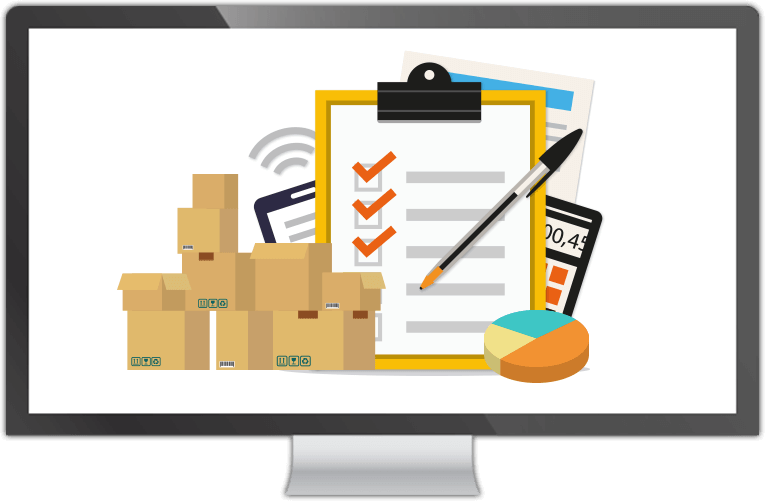

This training program looks at the essentials of international trade and freight transport. It will give a structured approach so you can analyze and then improve your international trade and freight operations.
Personal Impact:
Organizational Improvements:
This interactive Training will be highly interactive, with opportunities to advance your opinions and ideas and will include;
Day 1 - The Supply Chain
Day 2 - International Trade
Day 3 - Legal Documentation Aspects
Day 4 - Freight Logistics
Day 5 - Improvements
BTS attendance certificate will be issued to all attendees completing minimum of 80% of the total course duration.
| Code | Date | Venue | Fees | Register |
|---|---|---|---|---|
| PRO129-02 | 03-05-2026 | Amman | USD 5450 | |
| PRO129-03 | 09-08-2026 | Dubai | USD 5450 | |
| PRO129-04 | 14-12-2026 | Kuala-Lumpur | USD 5950 |

Freight transport is a critical and costly function that is frequently overlooked. Yet the benefits from efficient control and administration of operations and transport vehicles can be substantial. A ...
Managing processes, operations, assets and costs to maintain an efficient flow of goods and services throughout the global supply chain.

Warehouses and stores are often under-rated operations in organizations, yet they are essential in providing customer service and knowledge of Inventory Management is critical for the effective manage ...

This course has been specifically designed to develop the competency of personnel in the warehouse, inventory and logistics functions of an organization by improving their skills, knowledge and unders ...
Providing services with a high quality that are satisfying the requirements
Appling the specifications and legalizations to ensure the quality of service.
Best utilization of resources for continually improving the business activities.
BTS keen to selects highly technical instructors based on professional field experience
Since BTS was established, it considered a training partner for world class oil & gas institution
1st floor, Incubator Buildingو Masdar City, Abu Dhabi, UAE
Sun to Fri 09:00 AM to 06:00 PM
Contact Us anytime!
Request Info